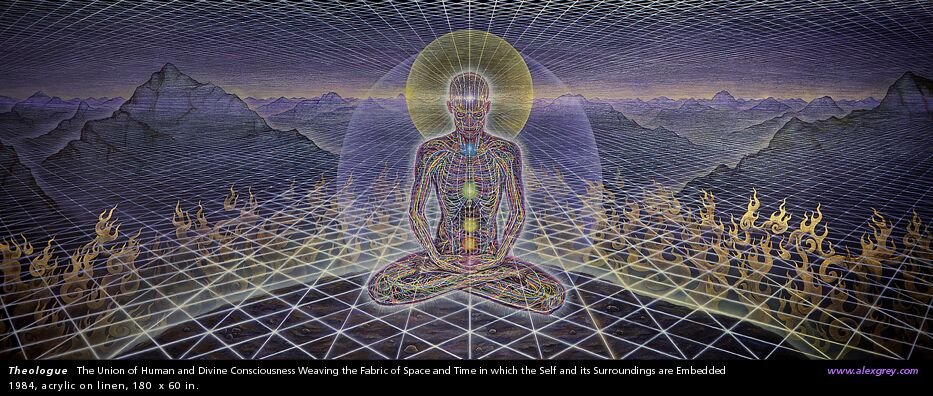Information
I'm an information junkie. As a kid I was fascinated by "reference" books. I'd delve through atlases, encyclopedias, dictionaries, books about biology, chemistry, history; stuff I didn't even understand, it just looked cool; all those symbols. It seemed obvious that there was logic to it, that it was therefore understandable.
Now with the internet, I have near constant access to a vast trove of knowledge. I'm always looking for more. I've often been disappointed that government and business organizations so jealously guard their data.
One area of information that interests me is polling. The only accurate way to judge what a population of people thinks is to ask them. There are a variety of methods and a variety of well-established polling firms. One of the largest polling and analysis systems in the world is Gallup World Poll. It performs long-term, wide-scale polling in over 140 countries, representing 95% of the world's population, according to widely accepted criteria.
Want to see the data? Fork over $28,500. Of course, not many people can afford that. And that's the point. Exclusive data. Data is money. Money is data. Data moves mountains these days.
As the digits of money in a banking database represents the labor of millions of people, so the data visualizations in World Poll represent the thoughts of millions of people. Access to either database is for team members only. The digits in a bank database measures private property. The data in World Poll measures private thoughts. The individuals being polled freely give their thoughts to the Gallup Organization. Those thoughts then become Gallup's private property, to be traded on the open market. If you've ever been polled by the World Poll, well... it'll cost you $28,500 to find out what you think.
This is important. When it comes to quantifying human thought (a worthy endeavor, I'd say), surveys are the subjective side of the coin, as opposed to the objective- for example, neuroscience. So while in some ways, the internet realizes the freeing of information that began during the Renaissance (when the printing press spread literacy beyond the priests and merchants), in other ways, it represents the same heirachies of exclusivity.
Here's another example from recent news: An ISP in Pakistan recently shut down huge chunks of the internet inadvertently as it attempted to block all youtube videos containing cartoons which depict Allah.
Just goes to show the more things change, the more they stay the same.


No comments:
Post a Comment